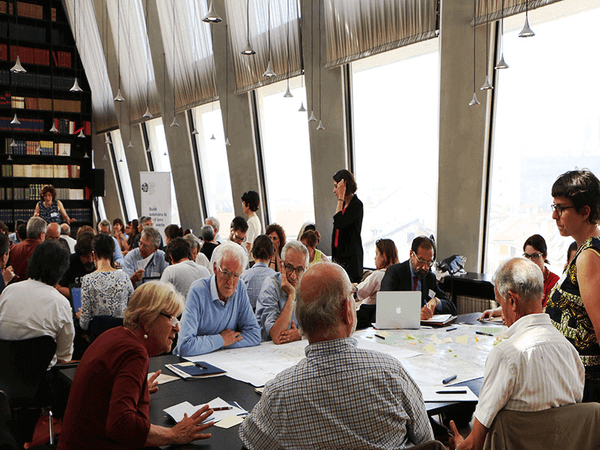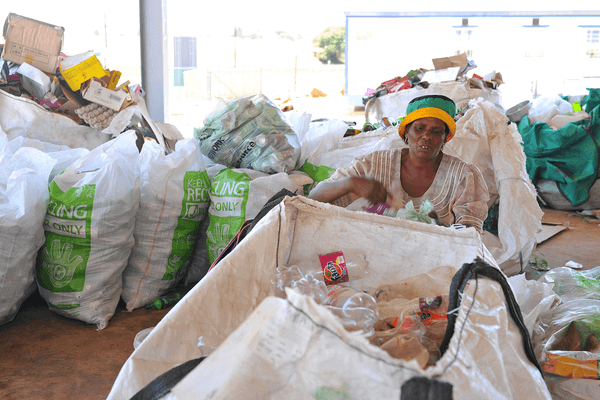City
Belo Horizonte
Main actors
City Government, National Government, Private Sector
Project area
Metropolitan Area
Duration
Ongoing since 2010
An inter-federation model make feasible for the municipalities to manage their waste in an integrated way.
Since 2010, the competence for the management of solid waste in Brazil lies in the municipalities. In June 2012, a cooperation agreement was signed among 43 of the then existing 50 municipalities in the Metropolitan Region and in the Metropolitan Belt of Belo Horizonte for the shared management of the transshipment, treatment, and final disposal of the urban solid waste.
The State Government, in turn, received from the municipalities, through a schedule contract, part of the competence; that is, it was up to the State Government to contract a Public-Private Partnership (PPP) for the exploration of the services of transshipment, treatment, and final disposal of the urban solid waste. In the schedule contract, the municipality commits to pay around 20% of the contribution of funds for the operation of the PPP and the 80% remaining to the State.
The shared management among the government, the municipalities, and the private sector will allow for the reduction of the cost of the entire process, and for the increase in efficiency of several services such as the elevation of the indices for reuse and recycling, energy production - which may be done through methane gas, fuel derived from the waste, and the socio-productive inclusion of trash pickers through their organizations.
This Case Study is part of the Comparative Study on Metropolitan Governance (São Paulo Metropolis Initiative).
Integrated Metropolitan Governance in Rosario is also part of the Comparative Study on Metropolitan Governance.
Guangzhou Award
This project was shortlisted for the 'Guangzhou Award' in 2012 in the following category: Deserving Initiative.
On Map
The Map will be displayed after accepting cookie policy





